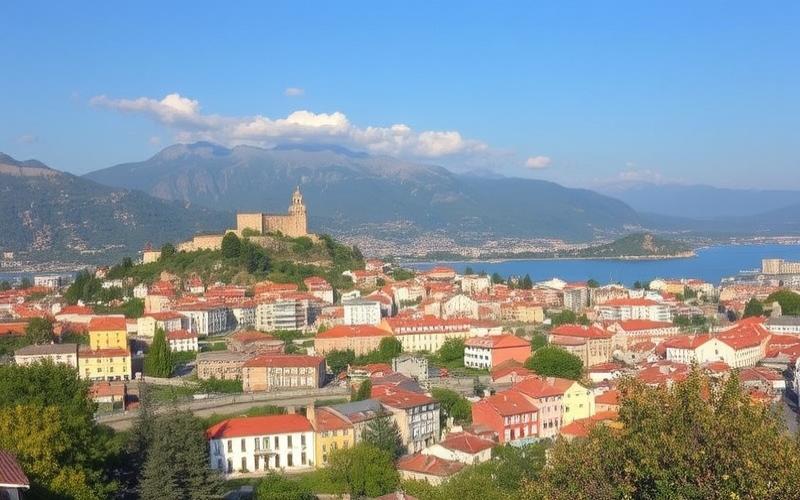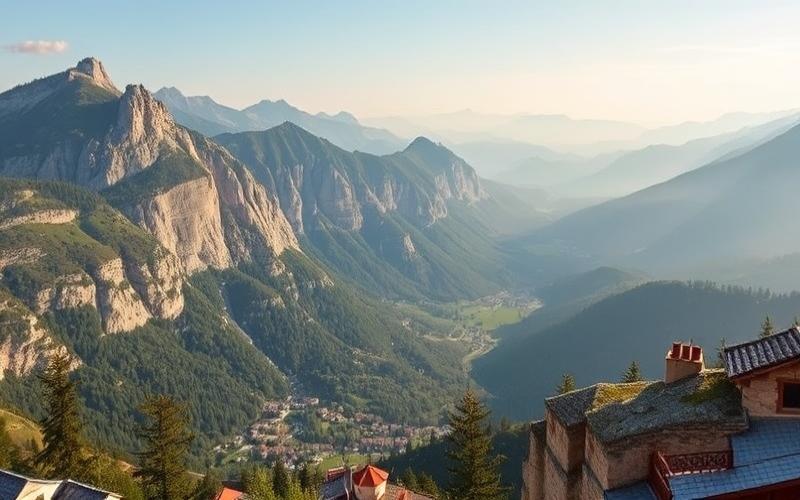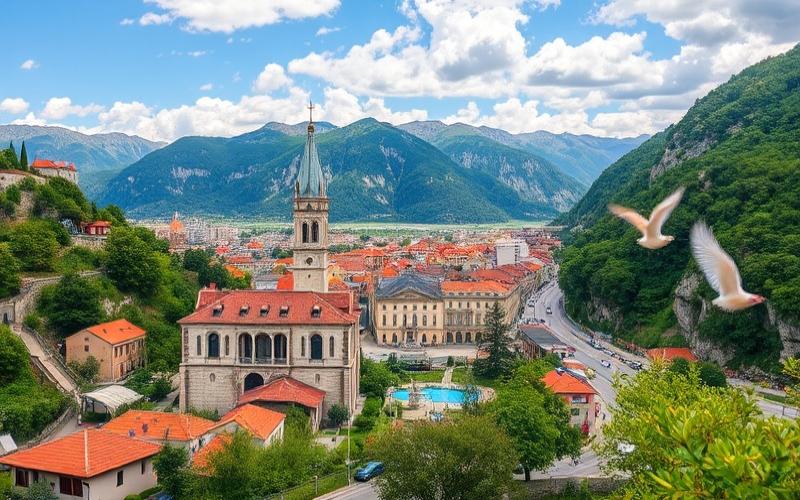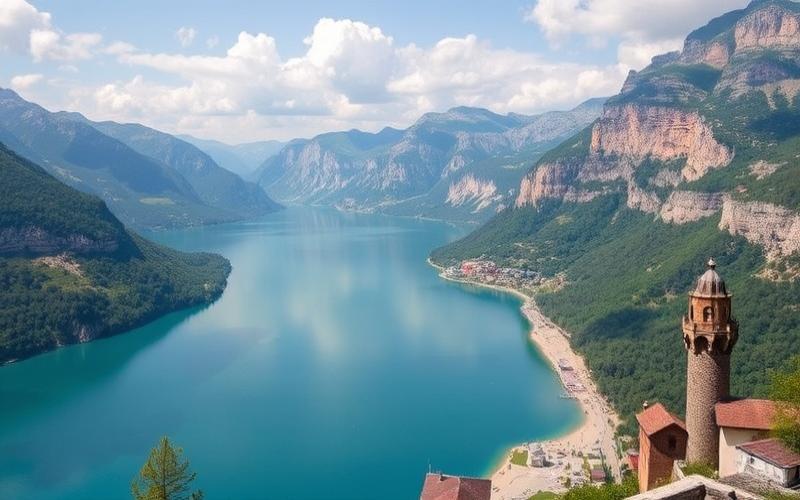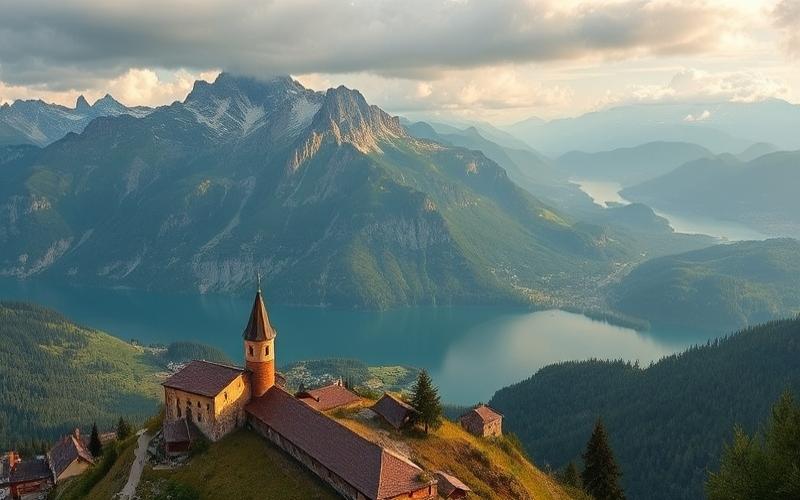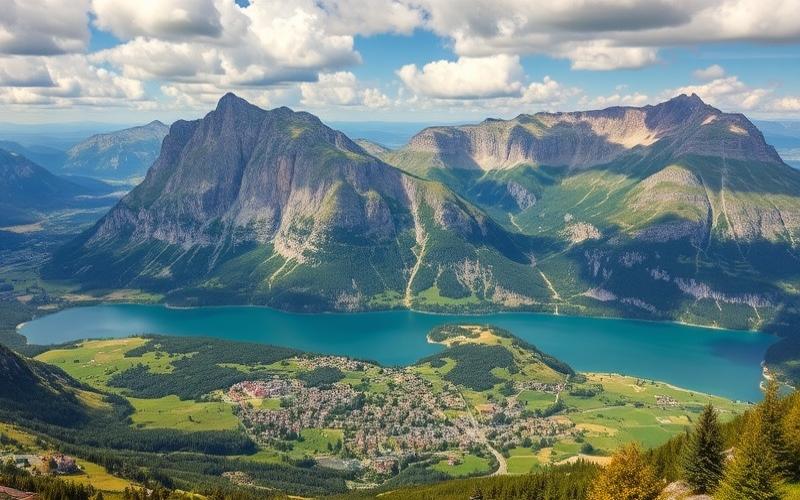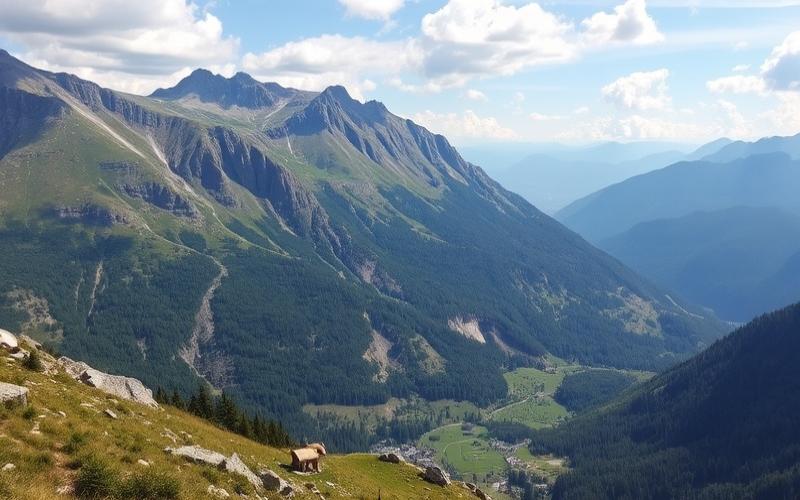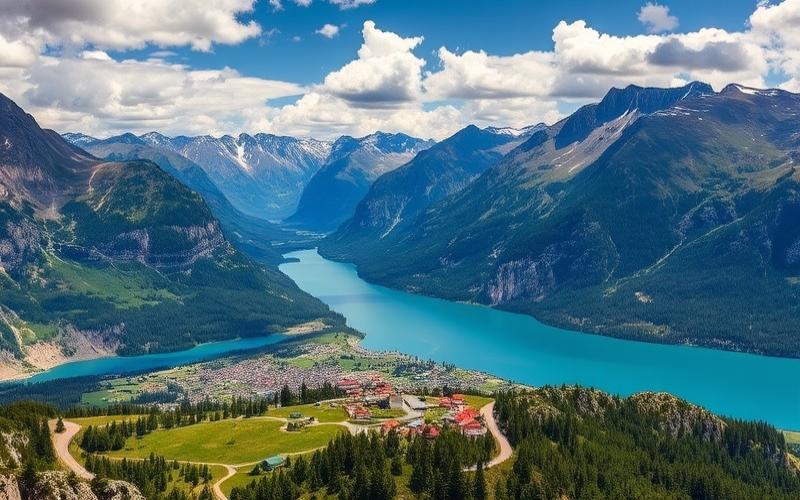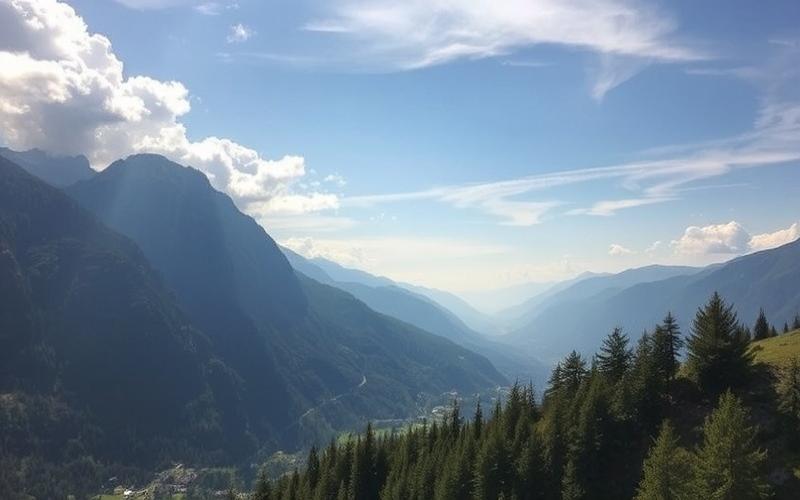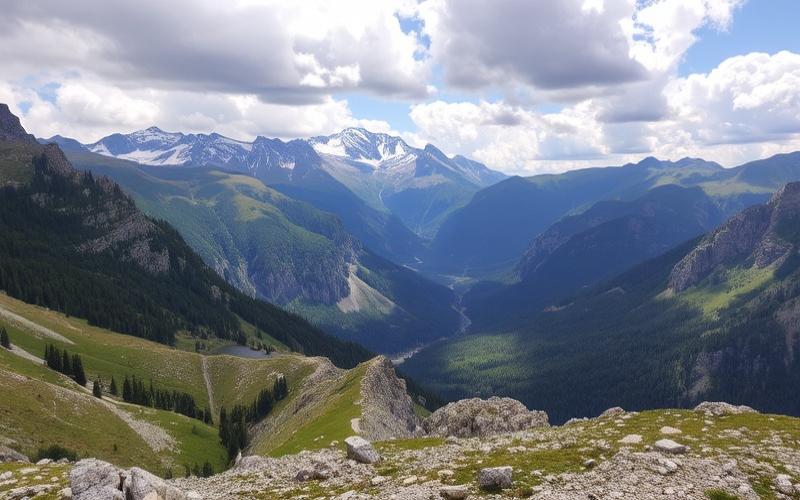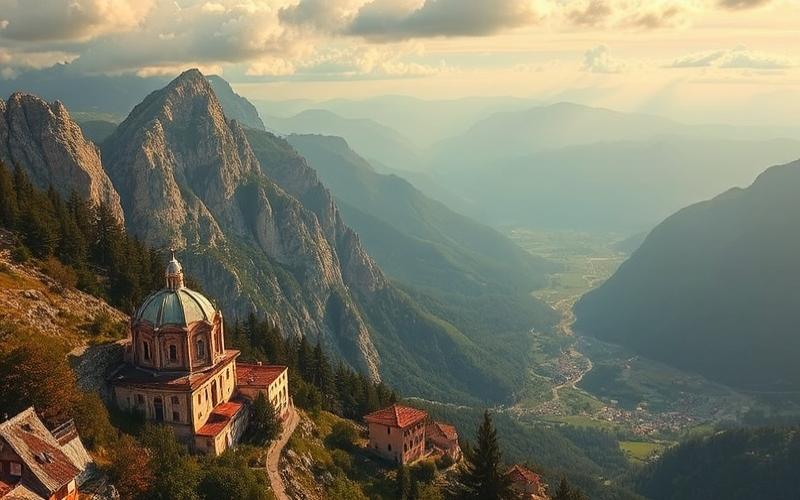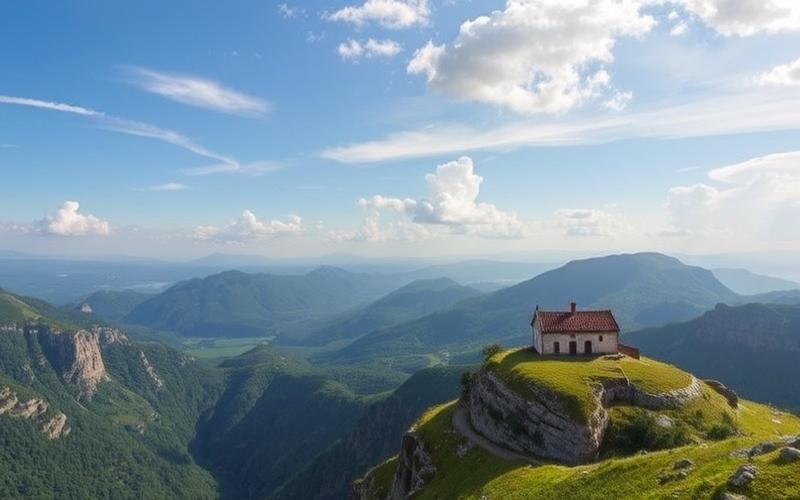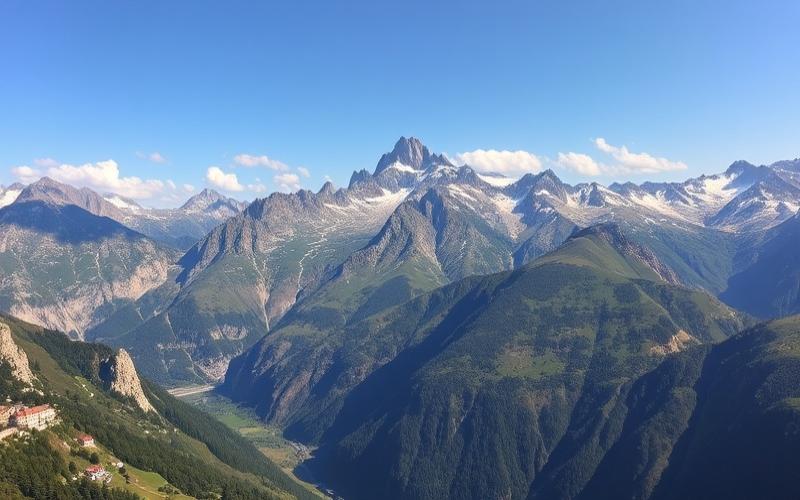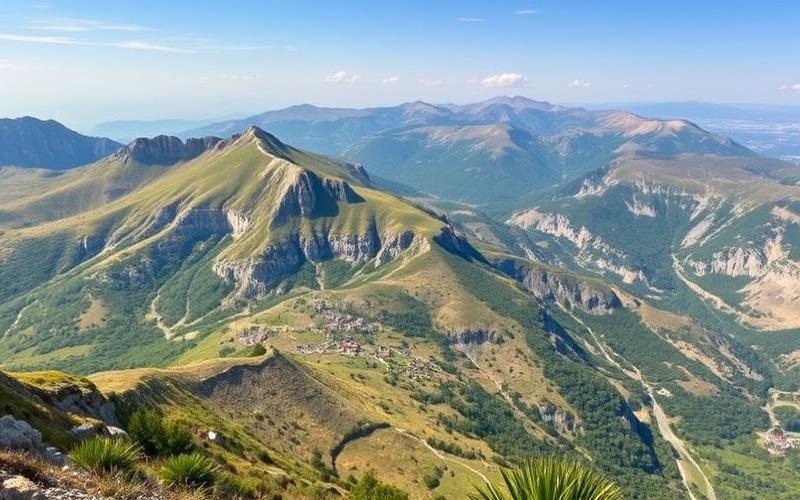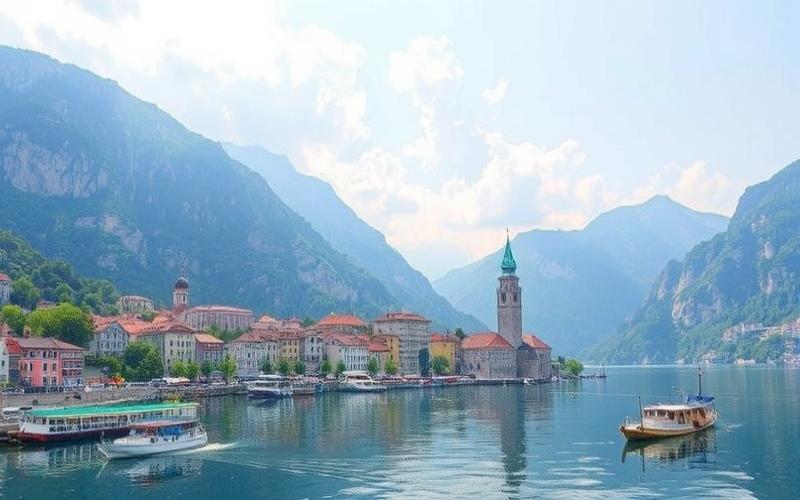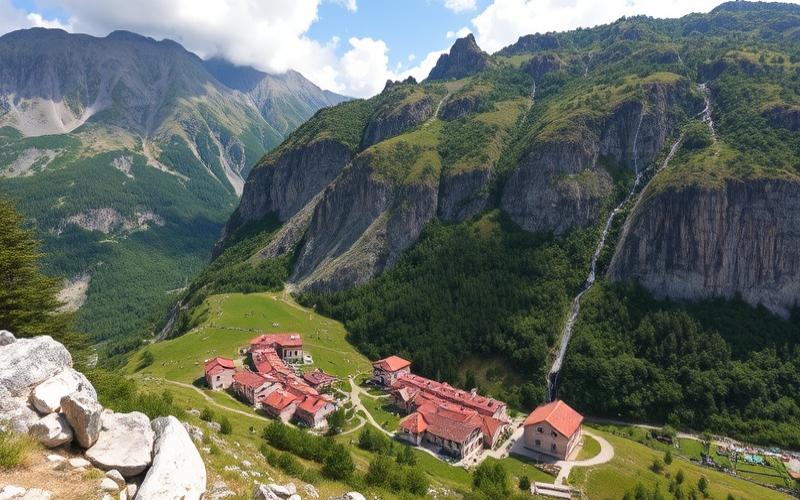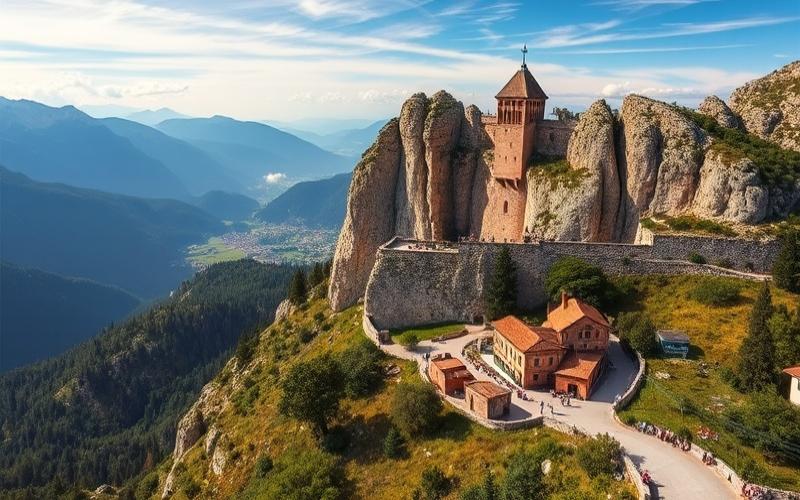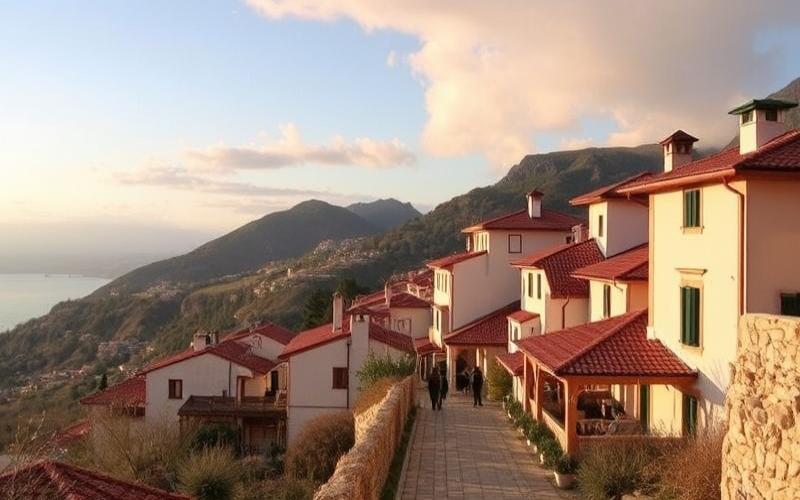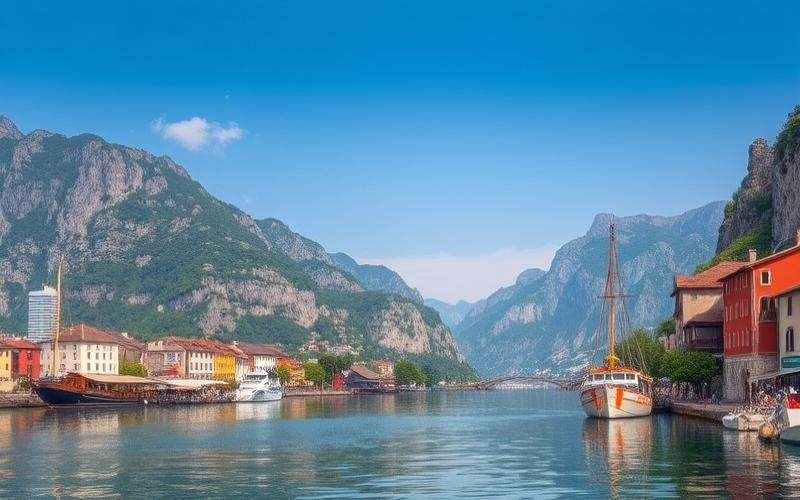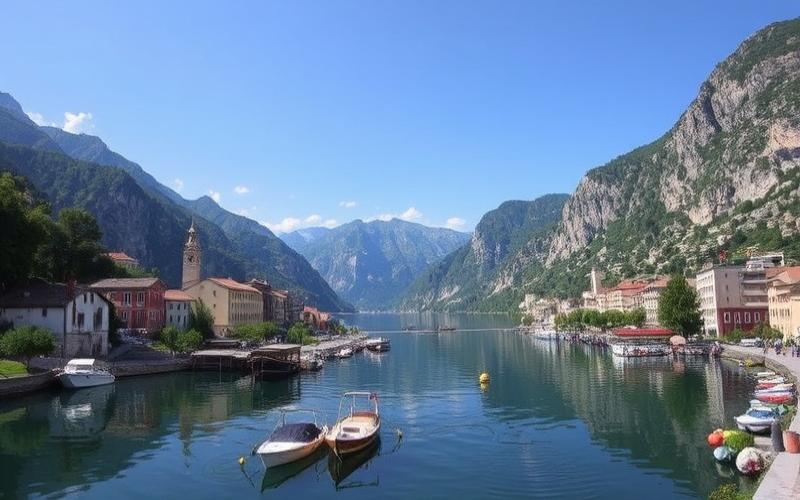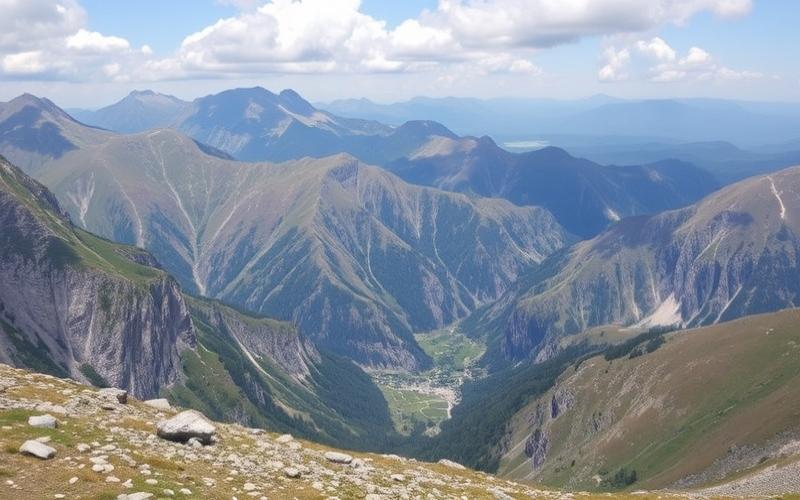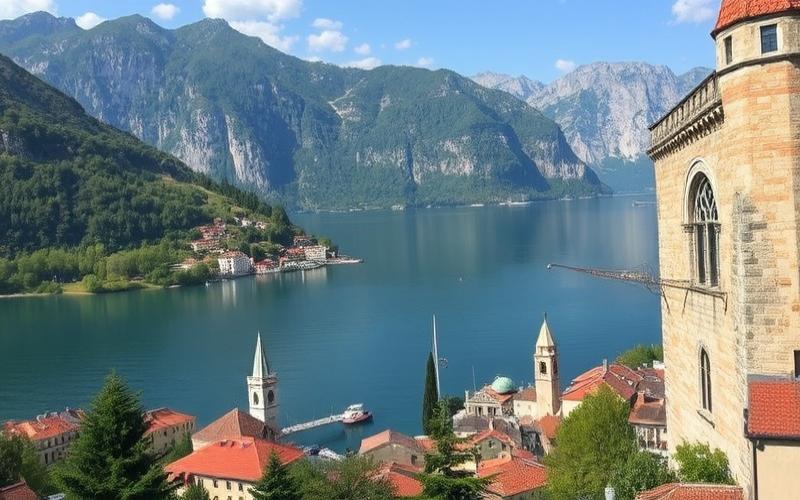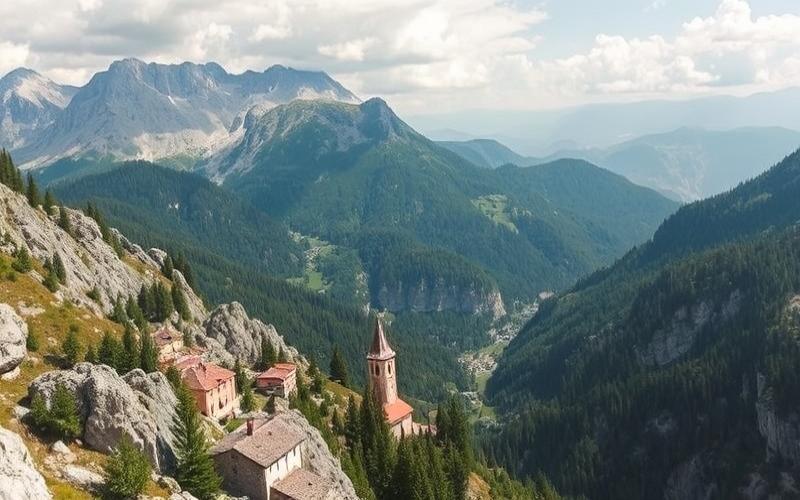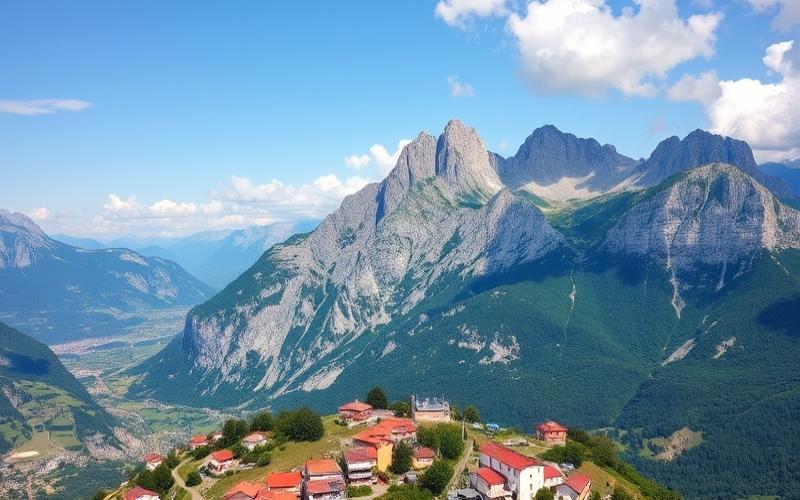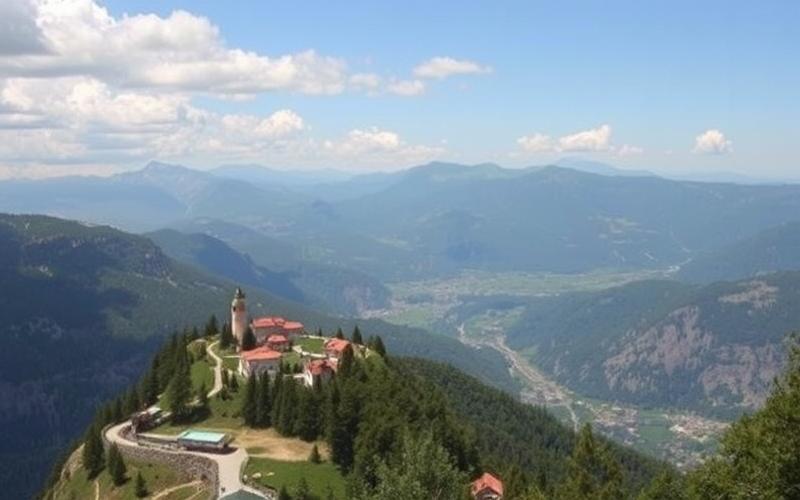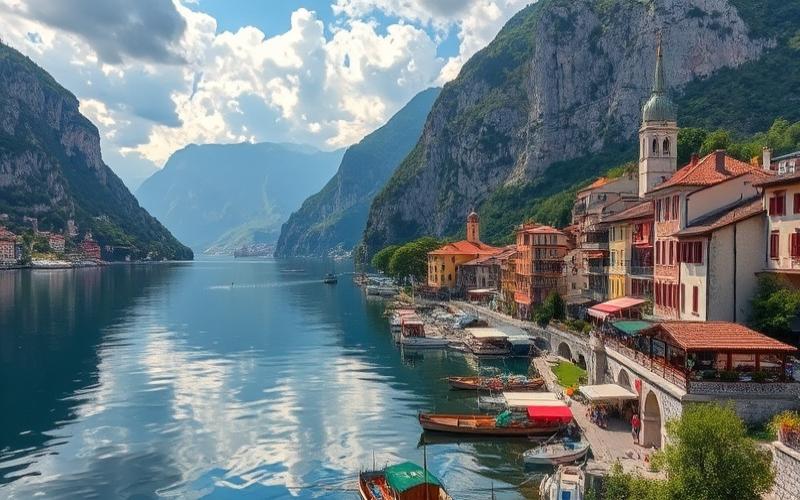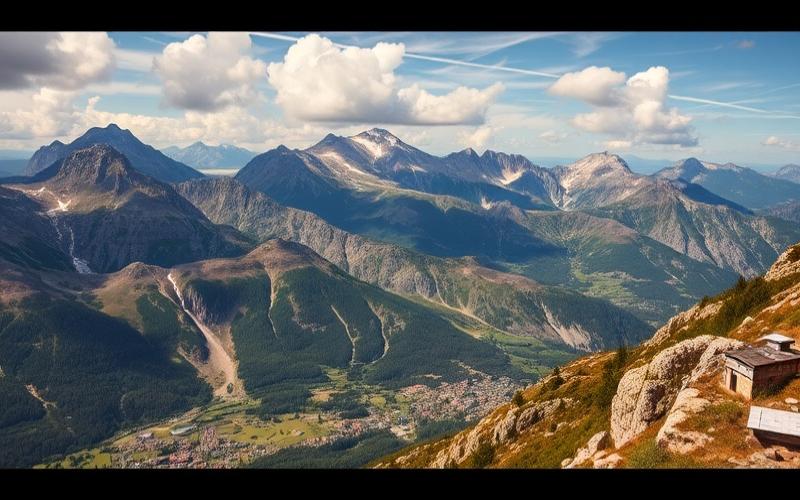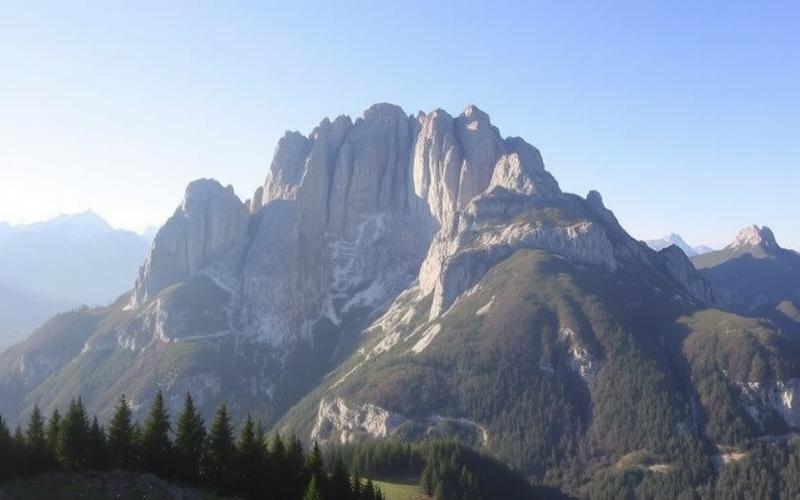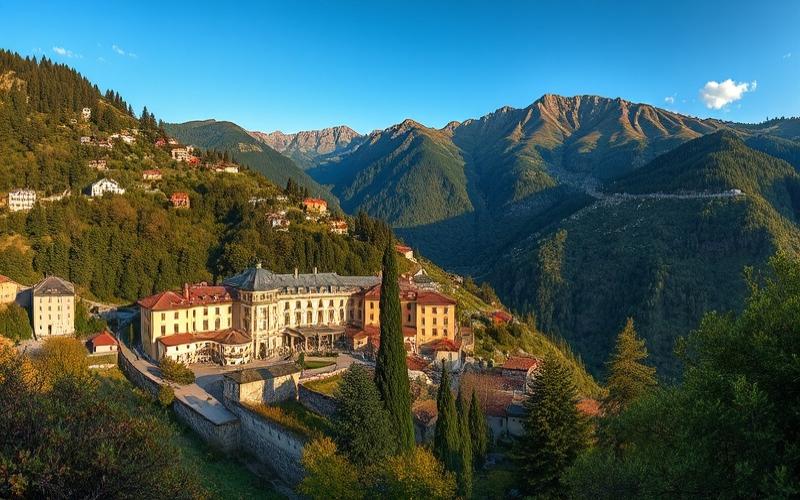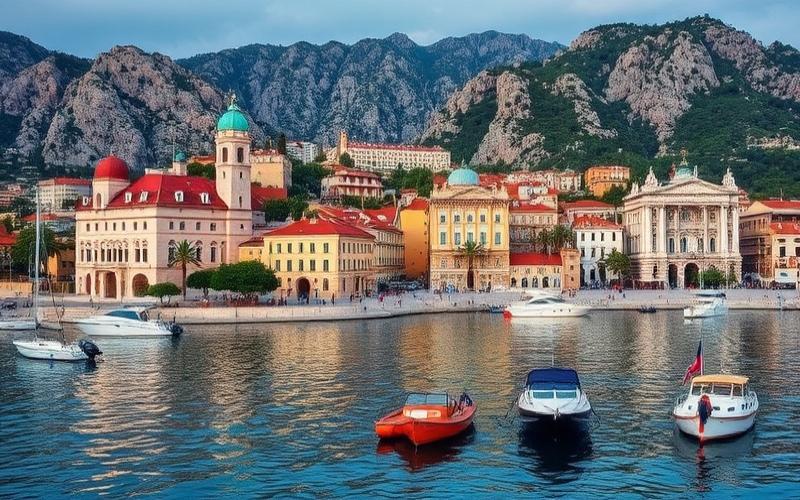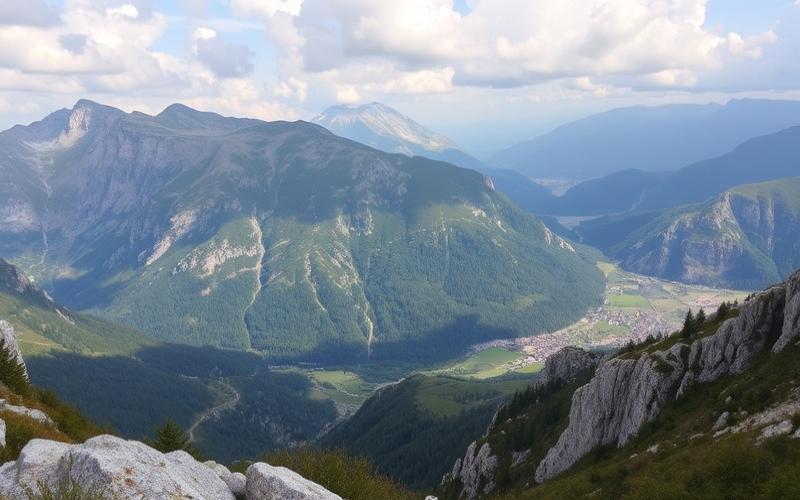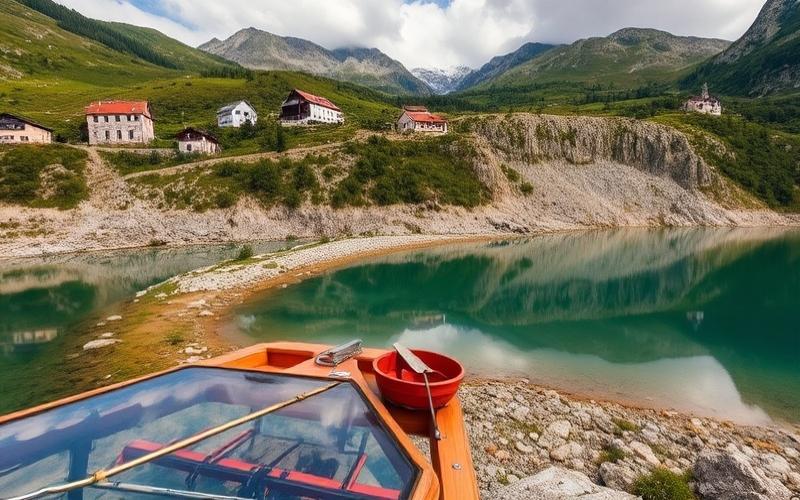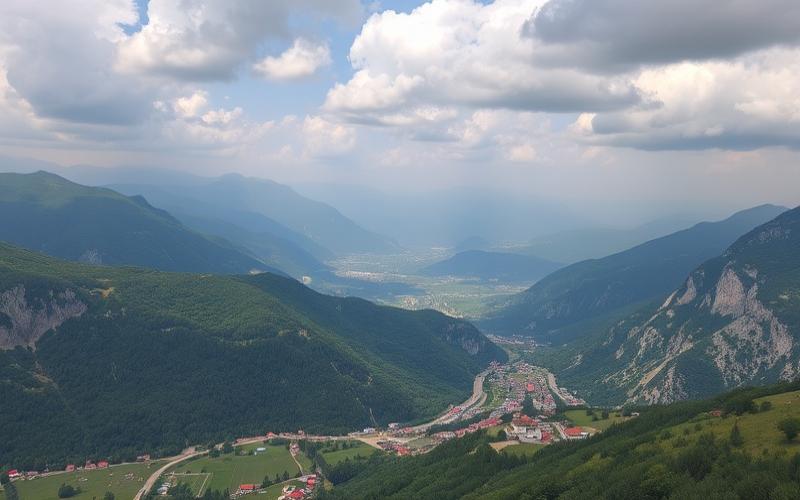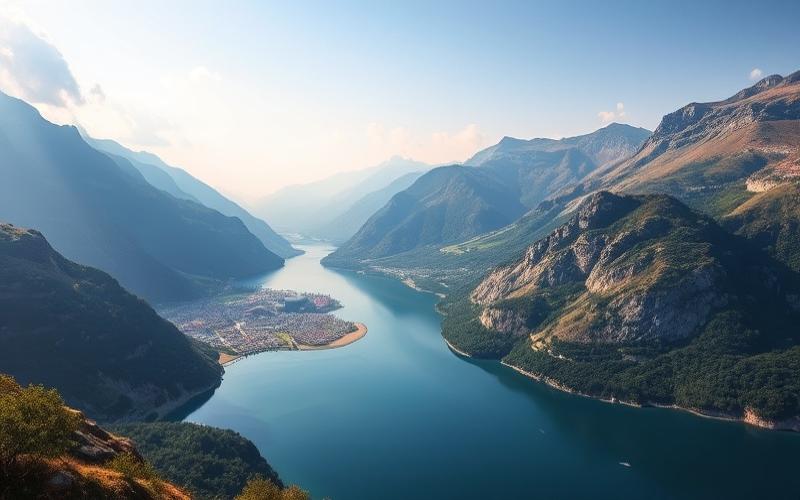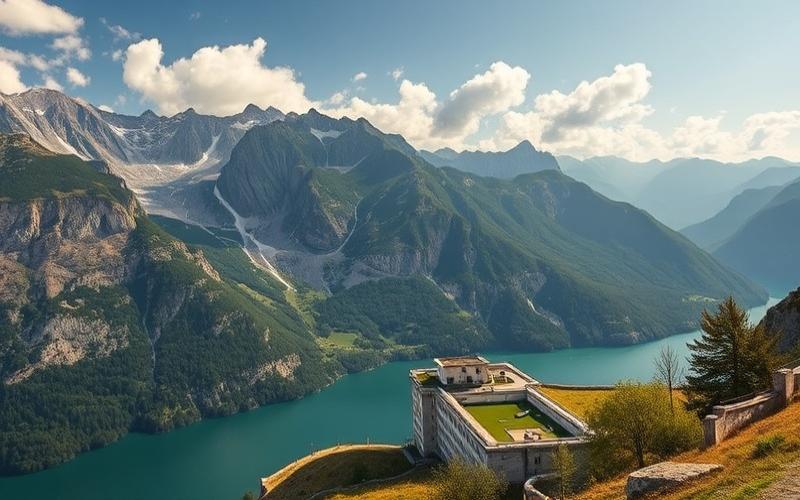
 Published on and written by Cyril Jarnias
Published on and written by Cyril Jarnias
Montenegro, with its breathtaking landscapes and rapidly expanding real estate market, is attracting an increasing number of foreign investors. However, as with any overseas real estate investment, there are pitfalls to avoid. This article will guide you through the most common mistakes made when purchasing property in Montenegro, enabling you to make a wise and profitable investment.
Failing to Conduct Thorough Due Diligence: The Hidden Risk Behind the Facade
One of the costliest mistakes investors can make is neglecting due diligence. In Montenegro, this step is crucial due to the complexity of the local real estate market and the country’s legal specificities.
Verification of Property Titles: It is essential to ensure that the seller has all the necessary documents confirming their ownership. In some cases, particularly for older properties, property titles may be incomplete or contested. A thorough check with the Montenegrin cadastre is essential to avoid any unpleasant surprises after the purchase.
Inspection of Building Permits: Montenegro has experienced a period of intensive construction, sometimes accompanied by irregularities. Ensure that the property you are considering purchasing has all the necessary permits, especially for recent constructions or major renovations. The absence of permits can lead to significant legal and financial complications.
Assessment of Charges and Debts: Meticulously check for the existence of debts related to the property, such as outstanding property taxes or unpaid utility bills. These debts can be transferred to the new owner if they are not identified and settled before the transaction.
Good to Know:
Hire a local lawyer specialized in real estate law to conduct comprehensive due diligence. This initial investment can save you considerable costs and problems in the long term.
Underestimating the Importance of Location: The All-Cost Sea View Trap
Montenegro offers spectacular views of the Adriatic Sea, but focusing solely on this aspect can lead to costly misjudgments.
Sunlight, a Crucial Factor: Some areas of the Bay of Kotor, although picturesque, may be deprived of sunlight for a large part of the year due to the shadow cast by the surrounding mountains. This particularity can significantly affect the quality of life and the rental value of the property. Before buying, visit the property at different times of the day and in different seasons if possible.
Accessibility and Infrastructure: Don’t be seduced by the beauty of the landscape alone. Evaluate the property’s accessibility, the quality of the roads, and the proximity to shops and essential services. In some remote mountainous or coastal regions, access can become problematic, especially in winter or during bad weather.
Area Development Potential: Inquire about future development projects in the region. An idyllic location today could lose its charm with the construction of a nearby tourist complex. Conversely, infrastructure projects can enhance the value of some currently less sought-after areas.
Good to Know:
Prioritize a balance between view, sunlight, and practicality. Regions like Budva, Tivat, or the coast between Budva and Bar often offer a good compromise between tourist appeal and quality of life.
Ignoring Local Market Specifics: The Mirage of the Good Deal
The Montenegrin real estate market has its own rules and dynamics, often different from those in Western countries. Failing to account for them can lead to poorly evaluated investments.
Understanding Seasonality: Montenegro’s economy, particularly in coastal areas, is heavily influenced by seasonal tourism. This means rental profitability can vary considerably between high and low season. Do not base your assessment of a property’s annual profitability solely on potential summer income.
Correctly Assessing Prices: The Montenegrin real estate market may seem attractive compared to some European countries, but it is essential to compare prices with similar properties in the same region. Prices can vary significantly from one area to another, and some sellers may be tempted to overcharge foreign buyers.
Anticipating Hidden Costs: Beyond the purchase price, consider the ancillary costs specific to Montenegro. This includes transfer taxes (which vary according to the property’s value), notary fees, and potentially renovation or compliance costs, especially for older properties.
Good to Know:
Consult reputable local real estate agents and compare several offers before deciding. Do not hesitate to negotiate, especially on the secondary market where sellers may be more flexible.
Neglecting Legal and Tax Aspects: The Unexpected Bill
The legal and tax subtleties of Montenegro can hold surprises for unwary investors. A thorough understanding of these aspects is crucial for a successful investment.
Restrictions for Foreign Buyers: Although Montenegro is generally open to foreign investors, certain restrictions apply, particularly for the purchase of agricultural land. Make sure you fully understand your rights as a foreign buyer and any limitations related to certain types of properties.
Complexity of Purchase Procedures: The purchase process in Montenegro may seem simple at first glance, but it has important particularities. For example, obtaining a tax number from the local tax office is a mandatory step to finalize a transaction. Ignoring these steps can significantly delay the process or even compromise the sale.
Long-Term Tax Implications: Familiarize yourself with the Montenegrin tax system, particularly regarding the annual property tax and taxes on rental income. Although rates are generally advantageous (property tax ranges from 0.1% to 1% of the property’s value), poor tax planning can erode the profitability of your investment.
Good to Know:
Consider consulting a local tax advisor to optimize your investment structure. Tax residents in Montenegro can benefit from advantageous tax rates, which may be interesting for investors considering partial or total relocation.
Underestimating Renovation and Maintenance Costs: The Unsuspected Financial Pitfall
The appeal of low prices for old or fixer-upper properties can mask significant long-term costs. A realistic assessment of the necessary work is crucial to avoid bad surprises.
Accurate Assessment of Work: Old buildings, especially in historic towns like Kotor, may require significant renovations. Call on local professionals to assess the extent of the necessary work. Renovation costs can be underestimated, particularly for listed buildings that require specific materials and techniques.
Regulatory Constraints: In some areas, particularly historic centers, renovations are subject to strict regulations. Make sure you understand these constraints before buying a property to renovate. Ignoring these rules can lead to fines or the inability to carry out the desired work.
Long-Term Maintenance Costs: Montenegro’s coastal climate, with its salty air and humidity, can accelerate the deterioration of buildings. Plan for a regular maintenance budget, especially for seaside properties. Heating and air conditioning costs can also be significant, especially in old, poorly insulated buildings.
Good to Know:
Prioritize recent constructions or fully renovated properties if you do not wish to engage in major work. For older properties, budget for renovation costs of at least 20% to 30% of the purchase price to avoid bad surprises.
Neglecting Rental Management: The Nightmare of the Absentee Investor
For many foreign investors, purchasing a property in Montenegro is part of a rental income strategy. However, managing a property remotely can prove complex and costly if not properly anticipated.
Choosing the Right Manager: The quality of rental management is crucial for the profitability of your investment. Look for reputable rental management agencies, capable of effectively managing your property, taking care of tenants, and quickly resolving problems that may arise. Check their references and experience, particularly with foreign owners.
Understanding the Local Rental Market: The Montenegrin rental market is highly seasonal, especially in tourist areas. An effective rental strategy must take these seasonal variations into account. Evaluate the possibility of combining short-term rentals in the high season and long-term rentals in the off-season to optimize your income.
Anticipating Management Costs: Rental management fees can represent a significant portion of your rental income. Make sure you fully understand the structure of these fees (percentage of rents, fixed fees, booking commissions) and incorporate them into your profitability calculations. Don’t forget to also include regular maintenance costs and potential repairs.
Good to Know:
Consider working with an agency offering comprehensive services, including rental management, maintenance, and even renovation. This can significantly simplify the management of your investment from a distance and optimize its profitability.
Ignoring Market Trends and Development Projects: The Missed Opportunity
The Montenegrin real estate market is evolving rapidly, influenced by foreign investment and government development projects. Not taking these trends into account can lead to missed opportunities or investments in declining areas.
Major Infrastructure Projects: Montenegro is heavily investing in its infrastructure, particularly in transportation and tourism. Projects like the improvement of Tivat Airport or the development of new marinas can have a significant impact on the value of surrounding properties. Inquire about ongoing and planned projects in the region where you are considering investing.
Evolution of Tourist Preferences: Tourist trends in Montenegro are evolving, with growing interest in ecotourism and authentic experiences. Properties located in areas offering easy access to nature or in picturesque villages could see their attractiveness increase. Evaluate the long-term potential of the region, beyond its current appeal.
Changing Regulations: The Montenegrin government regularly adjusts its policies to attract foreign investment while preserving national interest. Stay informed about potential changes in laws on foreign ownership, tax incentives, or building regulations that could affect your investment.
Good to Know:
Regularly consult official publications from the Montenegrin government and real estate expert reports on market trends. A thorough understanding of local and national dynamics will allow you to make more informed investment decisions.
Underestimating the Importance of the Local Network: The Costly Isolation
In a country like Montenegro, where personal relationships play an important role in business, neglecting to build a strong local network can prove to be a costly mistake for foreign investors.
Access to the Best Opportunities: Many real estate transactions in Montenegro are conducted through personal contacts even before properties are officially listed. Establishing relationships with local real estate agents, lawyers, and other industry professionals can give you access to exclusive and potentially more advantageous opportunities.
Navigating Local Bureaucracy: Administrative procedures in Montenegro can be complex and sometimes opaque for foreigners. Having a reliable local network can greatly facilitate navigating these processes, from obtaining permits to resolving unexpected problems. These contacts can save you valuable time and avoid costly mistakes.
Understanding Cultural Nuances: Cultural subtleties can have a significant impact on real estate negotiations and transactions. A local network can help you understand these nuances, avoid cultural faux pas, and negotiate more effectively. This can translate into better purchase terms or faster problem resolution.
Good to Know:
Invest time in building local relationships. Participate in real estate industry events, join expatriate associations, and do not hesitate to seek introductions from reputable local professionals. A strong network can be your best asset for a successful investment in Montenegro.
Conclusion: The Key to a Successful Investment in Montenegro
Investing in real estate in Montenegro offers attractive opportunities but requires a cautious and well-informed approach. By avoiding these common mistakes and adopting a thoughtful investment strategy, you can maximize the chances of success for your real estate project in this beautiful Balkan country.
Remember that every investment carries risks, but meticulous preparation, thorough due diligence, and the use of experienced local professionals can significantly reduce these risks. Montenegro, with its natural beauty, growth potential, and growing tourist appeal, remains a promising destination for savvy real estate investors.
Disclaimer: The information provided on this website is for informational purposes only and does not constitute financial, legal, or professional advice. We encourage you to consult qualified experts before making any investment, real estate, or expatriation decisions. Although we strive to maintain up-to-date and accurate information, we do not guarantee the completeness, accuracy, or timeliness of the proposed content. As investment and expatriation involve risks, we disclaim any liability for potential losses or damages arising from the use of this site. Your use of this site confirms your acceptance of these terms and your understanding of the associated risks.

